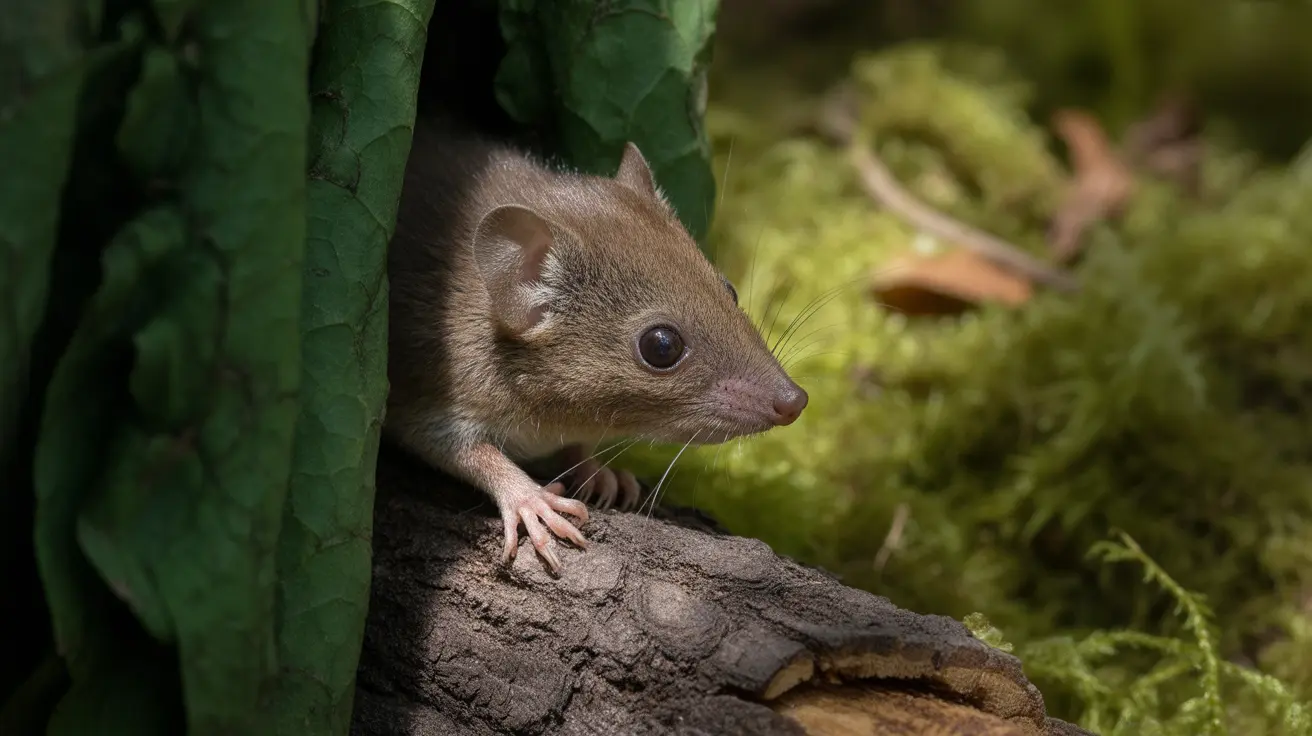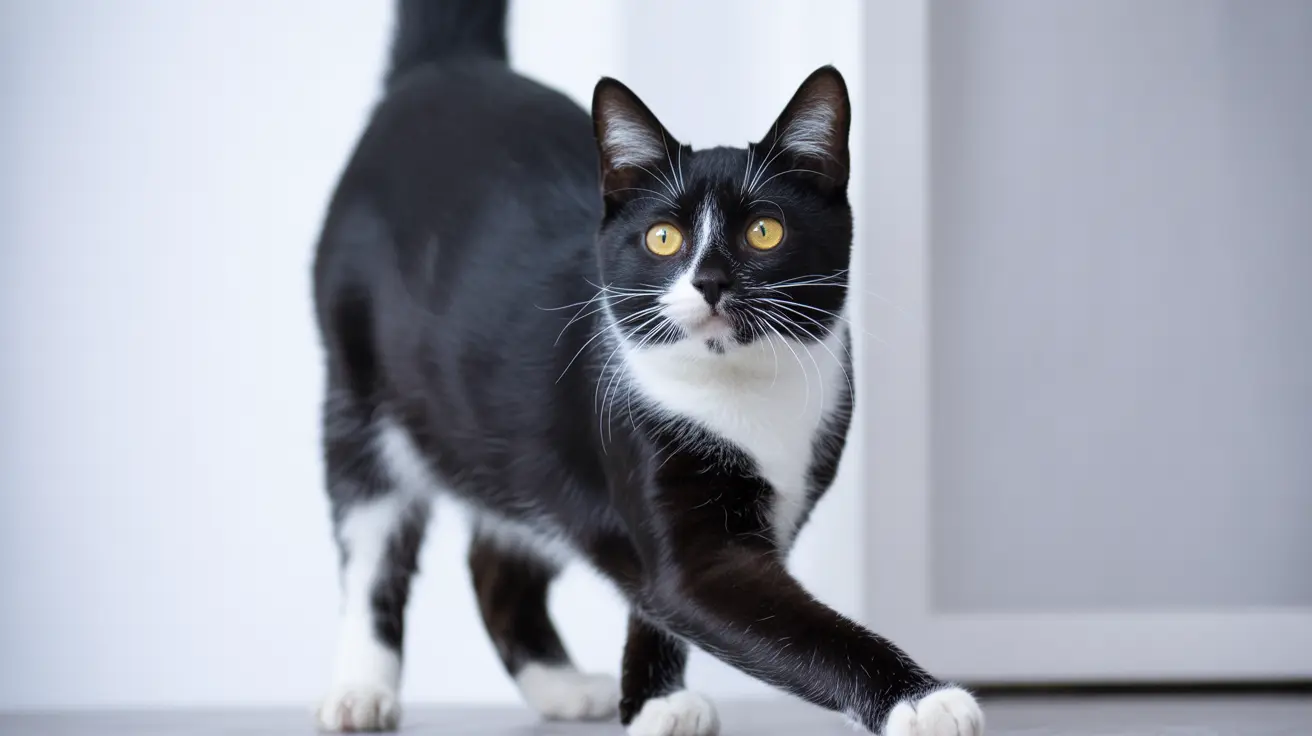Understanding Your 12-Year-Old Cat in Human Years
As cat lovers, it's natural to wonder about the human age equivalent of our feline companions. Age plays a crucial role in determining a cat's health needs, behavior, and lifestyle. If your cat is 12 years old, how old is that in human years? Let's explore the concept in detail and answer this frequently asked question from pet owners.
How Cat Years Compare to Human Years
Cats grow and mature at a much faster rate during their initial years. The relationship between cat years and human years isn’t linear. To get a more accurate comparison, experts use specific age conversion calculations.
- A 12-year-old cat is equivalent to a 64-year-old human.
- The first two years of a cat’s life equate to 24 human years.
- Each subsequent year adds approximately 4 human years.
Lifecycle Phases of Cats and What to Expect
Understanding these life stages helps cat owners provide better care:
- Kittenhood (0–1 year): Equivalent to 0–15 human years. Rapid physical and behavioral development.
- Young Adult (1–6 years): Cats are fully grown and energetic. Health screenings become important.
- Mature Adult (7–10 years): Human equivalent: 44–56 years. Slightly reduced activity and possible early health changes.
- Senior (11–14 years): Equivalent to 60–72 human years. Signs of aging include less agility, changes in vision, and weight fluctuations.
- Geriatric (15 years and older): Now equal to 76+ human years. Special veterinary care and monitoring become more critical.
Common Characteristics of a 12-Year-Old Cat
When your cat reaches 12 years old:
- Reduced activity and increased naps: Older cats often sleep more and explore less.
- Dietary changes: Nutrition tailored to senior cats becomes essential.
- Chronic conditions may appear: Arthritis, dental disease, kidney issues, or hyperthyroidism can arise.
- Behavioral shifts: Some cats may become more affectionate, while others might seek more solitude.
- Regular vet visits: Senior cats benefit from checkups at least every 6 months.
Improving Quality of Life for a Senior Cat
Enhancing the life of a 12-year-old cat involves awareness and preventive care:
- Provide accessible spaces: Offer ramps or lower furniture to help your cat move around easily.
- Enrich the environment: Interactive toys, scratching posts, and gentle play keep your cat engaged.
- Offer comfort: Heated beds and cozy nesting areas are welcomed by aging felines.
- Feed a senior diet: Look for food rich in omega-3 fatty acids, antioxidants, and high-quality protein.
- Hydration: Encourage water intake with fountains or wet food to support kidney health.
Veterinary Screenings and What to Monitor
By 12 years old, cats should undergo comprehensive exams, including:
- Bloodwork
- Dental exams
- Blood pressure monitoring
- Thyroid function tests
- Urinalysis
These help identify and manage underlying issues before they become serious.
Signs That Your Cat Is Aging
If your cat is showing the following, it may be due to age:
- Less grooming or unkempt coat
- Increased vocalization
- Litter box avoidance
- Weight gain or loss
- Cognitive changes, like confusion or disorientation
Noticing them early can help improve your cat’s ongoing health and comfort.
Conclusion: Celebrate the Golden Years
A 12-year-old cat is indeed in its senior stage, equating to around 64 human years. With the right care, environment, and attention, your feline friend can enjoy its golden years in comfort and happiness. Keep showing them the same love and care you've always given, adapting as necessary to meet their evolving needs.





